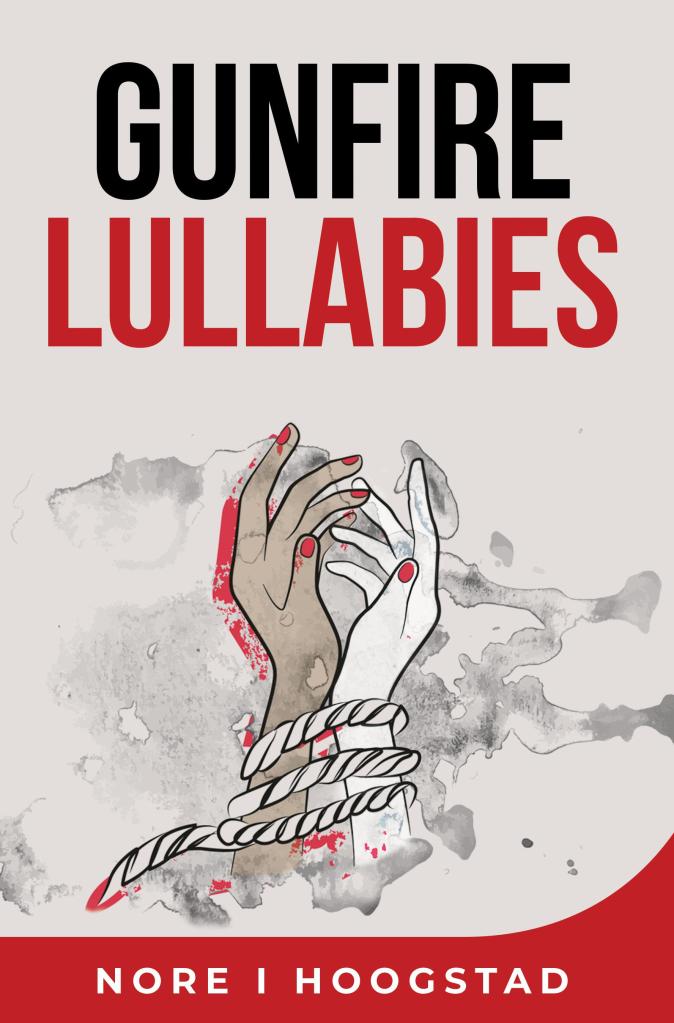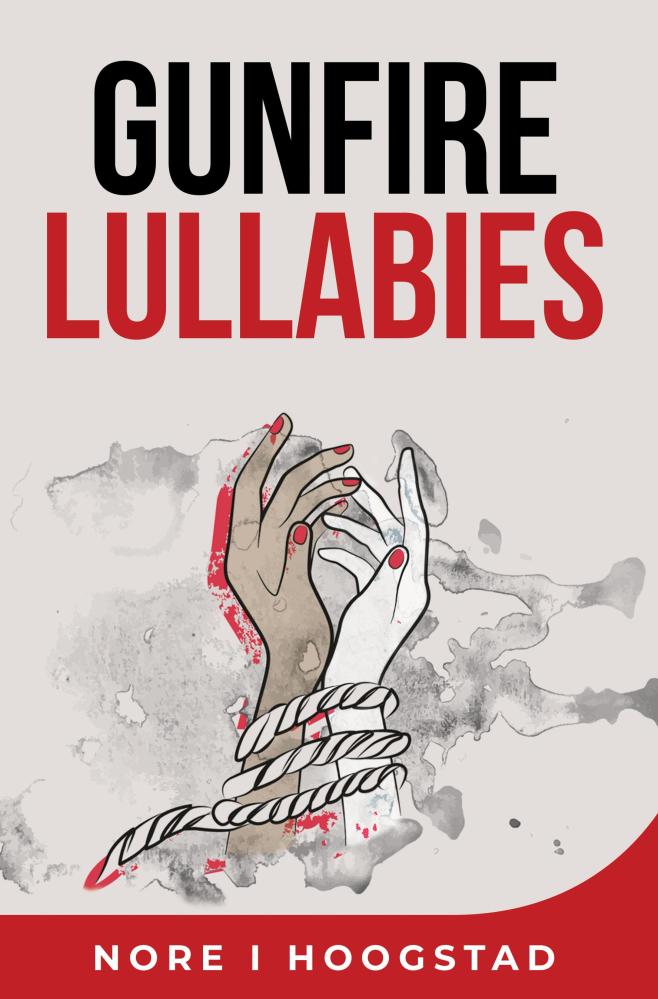
So you’ve completed your manuscript. Before you send it off to publishers, make sure it’s the best it can be. Not just the best it can be right now, but best FULL STOP. Often we get impatient and send our manuscripts out into the world too early when we should put them away for a couple of months before reviewing them again, send them off to a professional for an assessment or do yet another draft. But let’s say you’ve done all that and your book is the best it can be. You truly believe in it.
You compile a list of publishers and you send it to them. You’ve spent the time you need to write each personalised letter, hone your pitch, nail your marketing strategy, write gripping synopses of varying lengths and a fascinating author bio. Off your MS goes into the wilderness (with a touch of that true belief).
Now you wait. Perhaps you get bites for more of your MS. Perhaps you succeed quickly – someone wants to publish your book. Yay you. Congratulations! But if you’re one of the majority who either hear nothing back (“assume if you haven’t heard from us within three months that we’re not interested”) or get outright rejections, then what?
- Sulk
This is a normal human reaction. Allow yourself a set time, say one day, to sulk during which time you’re allowed to indulge in all your self-doubting thoughts such as what a crap writer you are, you’re never going to get published, you’ve wasted your time and you’re definitely going to give up.But once your twenty-four hours are up, it’s time to stop the tantrums and get on with it. You have a choice to make. Do you want to write or not? Ask yourself why you’re writing and who you’re writing for? If the answer is anything other than you’re writing because you need to and that you’re doing it for yourself, then you might need to have a good hard think about your motives. Good writing comes from truth and honesty, from baring your soul, not from dreams of fame and certainty. This is not that kind of career. Writing demands vulnerability because that’s the creative process.
- Get detailed feedback
If you don’t want to give up on your story yet, you could take on board the feedback you’ve received from editors and begin a re-draft. For deeper feedback before you begin re-drafting, get a manuscript assessment done. You should end up with a thorough twelve-page report that assesses everything about your novel from structural issues, voice, character, style and so on. These can be very helpful. This is a lot cheaper than hiring an editor, which is another option. If you can afford an editor, they will take you through your MS line by line as well as giving you a detailed report. Just make sure they believe sufficiently in your writing and your story before, and that your MS is ready. Going down the editor path costs thousands of dollars so getting the right person at the right time is critical.
- Retire your story
No one else can tell you if your story is worth persisting with or not. But perhaps, after much thought, you’ve realised this was your learner book and that you don’t want to salvage it. Perhaps you know in your gut it’s time to let it go. For many published authors their third book is the one that gets published. Say thank you to your story before putting it away for good. Also, pat yourself on the back for having finished a novel. That’s not something that a lot of people do, even though many try. Now you’re free to start the next story bringing along everything you learnt from your first. This might be a good time to do a course or read a new book on writing, something that inspires and strengthens you.
- Self publish
If you’re satisfied your story is the best it can be and really do believe in it, perhaps self-publishing is the right option for you. It’s a bit of a learning curve, but there are many free and paid websites, eBooks and courses full of step-by-step how-to advice, including on how to market your book. Marketing is a skill you’ll need no matter which way you publish as most publishers don’t have large marketing budgets these days. You can publish an eBook only or give people the option of buying a print-to-order hard copy. If you decide to hire someone to do the work for you, be very cautious. Most such companies, including some owned by the big publishing companies, do very little for thousands of dollars. They’re in that side of the business to make money, and by all reports they’re raking it in. Do your research first.
The important thing is not to be beaten in the process of getting published. You may view not finding a traditional publisher as failure, but failure is simply another form of feedback. Use it wisely and keep moving ahead.


